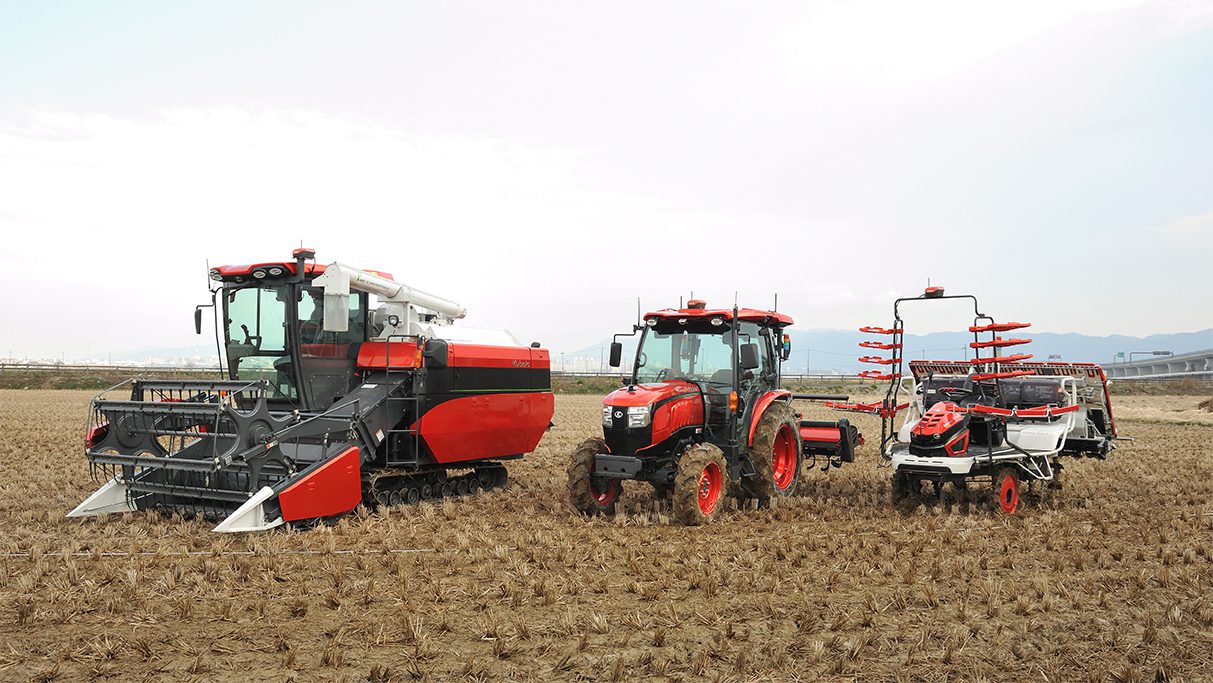Japanese-originated manufacturer Kubota is currently selling autonomous ‘driverless’ tractors on a trial basis, with the intention to launch the machines for full-scale sale as early as 2018.
The move towards autonomous machinery is pitched as an answer to the challenge of an ageing farming population, which is an issue for Japanese agriculture, according to the company. It is also an issue that many countries, including Ireland, are facing to some degree.
Kubota’s current driverless tractor is a 60hp machine used for automatic tilling. An autonomous rice transplanter and 100hp harvester are also being tested.
According to the Japanese firm, it is working towards the establishment of autonomous technology and a “stronger linkage of the Kubota Smart Agri System (KSAS) with all sorts of farm machinery”.
The driverless tractor is the latest product in the company’s Farm Pilot farm machinery range, which includes GPS (Global Positioning System) guidance and field mapping technology to “improve accuracy and reduce labour costs”.
Guided by GPS coordination, the driverless tractor is also equipped with sensors to determine the presence of obstacles. When something is encountered, the tractor stops automatically – to counter health and safety concerns.
Kubota began selling the autonomous tractor on a trial basis back in June, with sales and performance currently being “closely monitored” by the company.
According to a Japanese publication, the Japan Times, the autonomous Kubotas are priced at ¥9.7 million to ¥11 million (€75,430 – €85,540), which is about 50% more expensive than “conventional” models.
Joining Kubota in efforts to develop a “highly-functional” autonomous tractor are fellow Japanese machinery companies, Yanmar Co. and Iseki & Co. who, the Japan Times notes, are working on their own projects at present.

